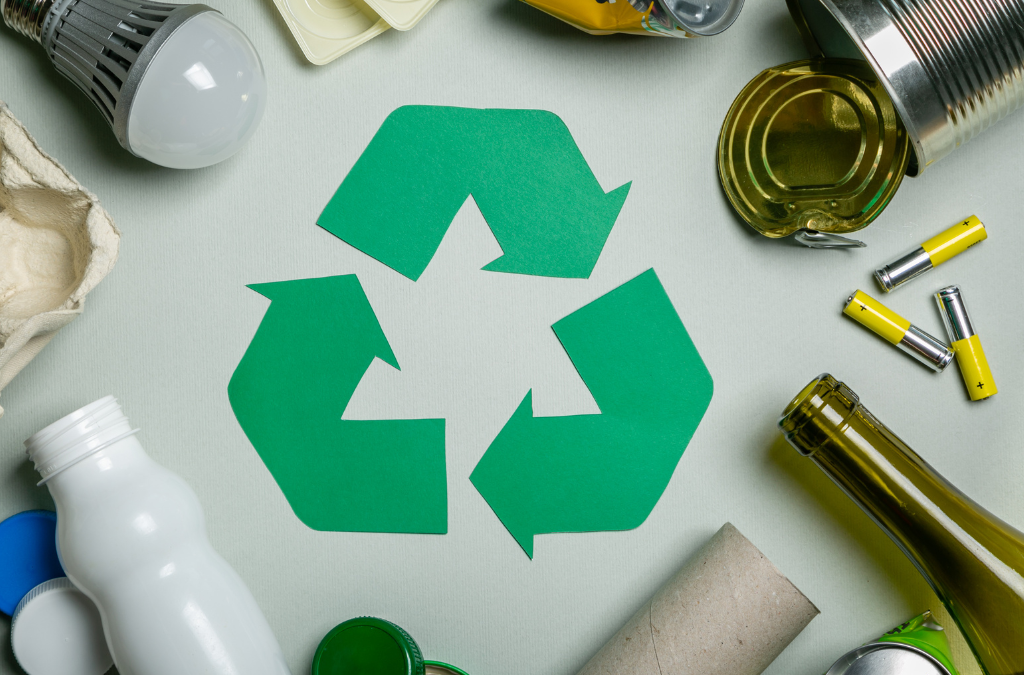Embracing Sustainability: The Rise of Recycled Materials in the Mining Industry
In the ever-evolving landscape of the mining industry, a significant shift towards sustainability is underway. Companies are increasingly recognising the importance of integrating recycled materials into their processes, marking a pivotal move towards more environmentally conscious operations.
The trend of processing secondary materials, such as scrap steel and copper wire, is gaining momentum. This shift is not just a nod to environmental stewardship but also a smart economic strategy. By recycling and reprocessing these materials, the industry can significantly reduce the environmental impact associated with mining while also tapping into a more cost-effective resource stream.
The benefits are twofold:
- Environmental Impact: Utilising recycled materials minimises the need for virgin ore extraction, thereby reducing the industry’s carbon footprint and water usage. It also decreases the waste produced and the associated environmental degradation.
- Cost-Effectiveness: Recycling materials often require less energy compared to processing raw ores, leading to substantial cost savings. Moreover, it provides a reliable supply of materials, buffering companies against the volatility of raw material markets.
This transition to incorporating more recycled materials is not just a trend but a necessary evolution toward sustainable mining practices. It reflects a growing awareness within the industry of its role in promoting a circular economy, where resources are reused and recycled, minimising waste and environmental impact.
As we move forward, it’s clear that the integration of recycled materials will play a crucial role in shaping a more sustainable and responsible mining industry. Let’s champion these practices and continue to innovate for a greener future.

